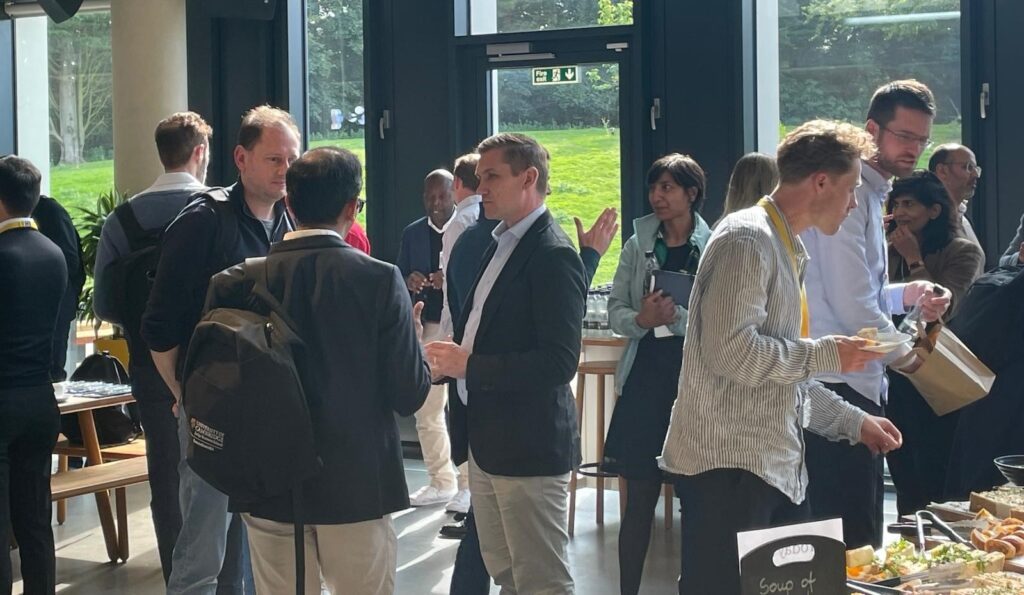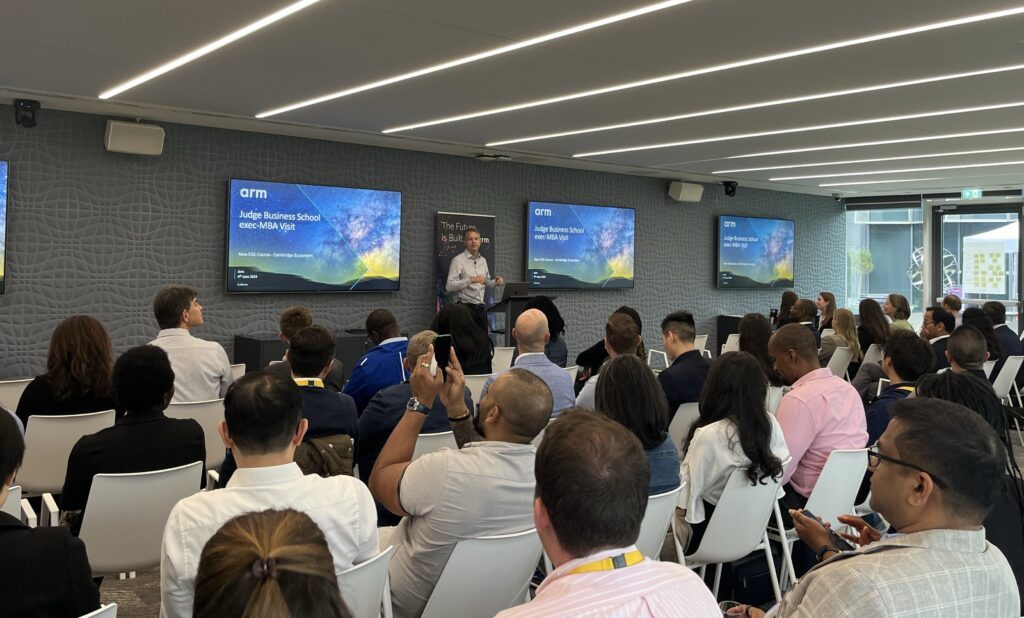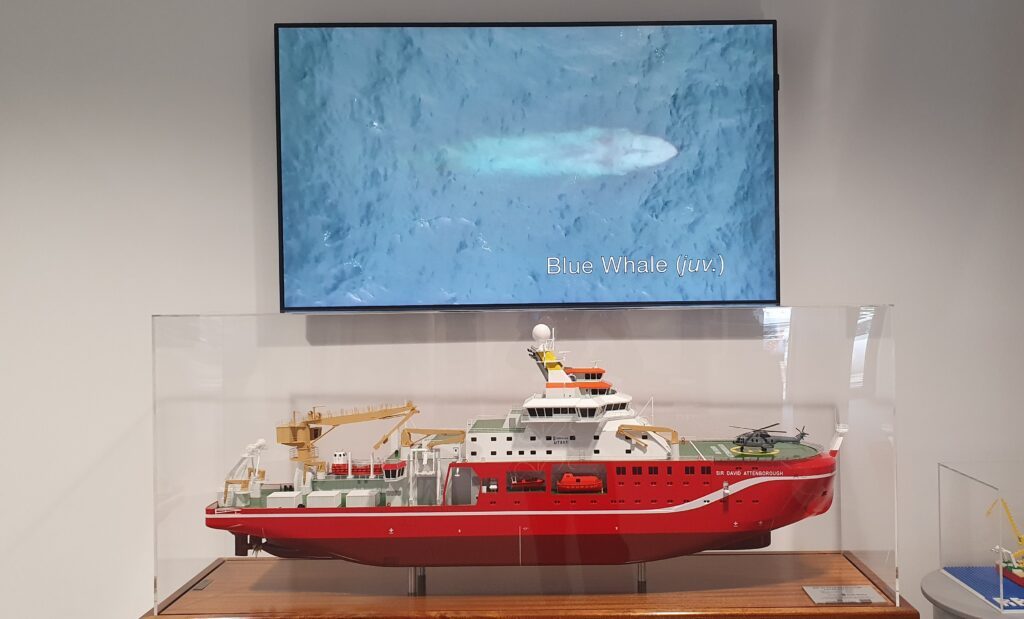Blog written by Gokul Yesodharan (EMBA 2023)

As part of our Executive MBA programme at Cambridge Judge Business School, we recently had an immersive “ESG Week” where we engaged with various organisations in the Cambridge Ecosystem to learn about environmental, social, and governance (ESG) issues. It was an eye-opening experience that highlighted both the progress being made and the significant challenges that still lie ahead.
The week kicked off with a fantastic lecture series by Jennifer Howard-Grenville on the pragmatic realities of implementing ESG initiatives. One key takeaway was the importance of leverage – ESG policies seem to have the biggest impact when major market players use their clout to force suppliers and others in their supply chains to adopt new sustainable practices.
We saw this principle in action during our visit to the Cambridge Conservation Initiative, which has worked on developing fishing nets designed to prevent accidentally catching and killing albatrosses. Despite the new net technology being available for years, widespread adoption only occurred when giants like Tesco and Walmart flexed their purchasing power to make it a requirement for their seafood suppliers.

At technology provider ARM, we learned how their dominance in licensing IP lets them drive ESG changes throughout their ecosystem. Interestingly, ARM expressed scepticism about carbon offset credits, preferring instead to directly reduce their own carbon footprint. While I understand their perspective, I wonder if a dual approach of both investing in real emissions reductions as well as responsible offset projects could be a viable bridging strategy.
The week also saw us having engaging discussions on diversity and inclusion in the NHS healthcare system, as well as a microaggressions and allyship workshop that provided valuable perspective.

Two visits that particularly stood out were the British Antarctic Survey, where leading climate scientists outlined the urgent need to change our current trajectory, and a panel on investing in sustainable agriculture transitions. Both reinforced that ESG is not just about ticking boxes – it’s about fundamental transformations across all sectors of society and the economy.
While the scale of the ESG challenge can seem daunting, the Cambridge Ecosystem demonstrated pockets of excellence and a spirit of innovation that give me hope. That said, much more needs to be done, and it will require collaborative, global efforts backed by standardised reporting, auditing, and enforcement mechanisms.
ESG is a journey, not a destination. This week was a powerful reminder that we all have a role to play in continually raising the bar. Businesses must go beyond superficial compliance to enact substantive, future-fit strategies. Governments need to provide clear policy signals that properly value natural and social capital. And as individuals, we must hold institutions accountable while also examining our own lifestyles and choices.
The road ahead won’t be easy, but the urgency of issues like climate change means we must find the courage to accelerate meaningful change. My experience during ESG Week was a motivating first-hand look at the art of the possible when universities, businesses, non-profits and individuals come together in pursuit of a better world.


Leave a Reply